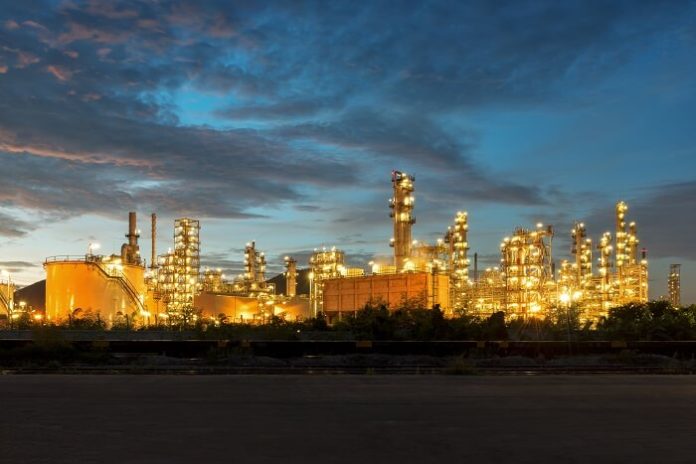The government is revising its strategy for its mega refinery projects, moving them from Maharashtra’s Ratnagiri district to Gujarat and Andhra Pradesh.
The projects, which Saudi Arabia backs, include two refineries with an annual capacity of 10–15 million tons each, integrated with petrochemical facilities.
The shift is a broader effort to strengthen energy ties between India and Saudi Arabia.
Strategic Push for Deeper Bilateral Energy Ties
Advanced discussions between Indian officials and Saudi authorities have been focused on enhancing bilateral energy relations.
In this context, India is set to partner with Saudi Aramco for the new refinery in Gujarat, while Bharat Petroleum Corporation Ltd (BPCL) will lead the project in Andhra Pradesh.
The move comes as Saudi Arabia seeks to regain its position as a major supplier to India, where its share of crude oil imports has been declining in recent years.
Challenges in Ratnagiri Delay Progress
The Ratnagiri refinery project, initially proposed as a joint venture between Indian Oil, HPCL, BPCL, Saudi Aramco, and Abu Dhabi National Oil Company (Adnoc), faced significant obstacles.
Local resistance to land acquisition and concerns over the feasibility of a massive sixty-million-ton refinery have stalled progress.
Given these challenges, the government is exploring alternatives in Gujarat and Andhra Pradesh.
The Alternatives
Gujarat, already a hub for major refineries such as those in Jamnagar (Reliance and Nyara Energy) and Vadodara (Indian Oil), stands out as a prime location for a new facility.
Meanwhile, Andhra Pradesh has long sought a refinery, especially since its bifurcation in 2014.
Economic and Strategic Impact of the Refineries
The refinery projects are integral to India’s plan to expand its refining capacity to meet rising domestic and export demands.
For Saudi Arabia, they represent a critical opportunity to secure a stronger foothold in the Indian energy market.
The refineries will play a vital role in bolstering India’s energy security. They will also strengthen India’s partnership with Saudi Arabia, a key global oil exporter.
High-Level Talks to Strengthen Energy Cooperation
Next month, Prime Minister Narendra Modi is scheduled to meet with Saudi leaders. They will discuss further investments, including Saudi Arabia’s earlier commitment to invest $100 billion in India.
While progress on this large-scale investment has been slow, energy collaboration remains a central agenda.
Saudi Arabia has also requested revisions to India’s bilateral investment treaty, which could facilitate these energy projects.
A Strategic Shift in Regional and International Partnerships
As reported by manufacturingtodayindia.com, the mega refinery projects mark a significant shift in India’s regional development priorities. They also represent a change in international energy partnerships.
As India transitions to becoming a global energy hub, these refineries will play a key role. They will advance national energy security and strengthen ties with Saudi Arabia.
































